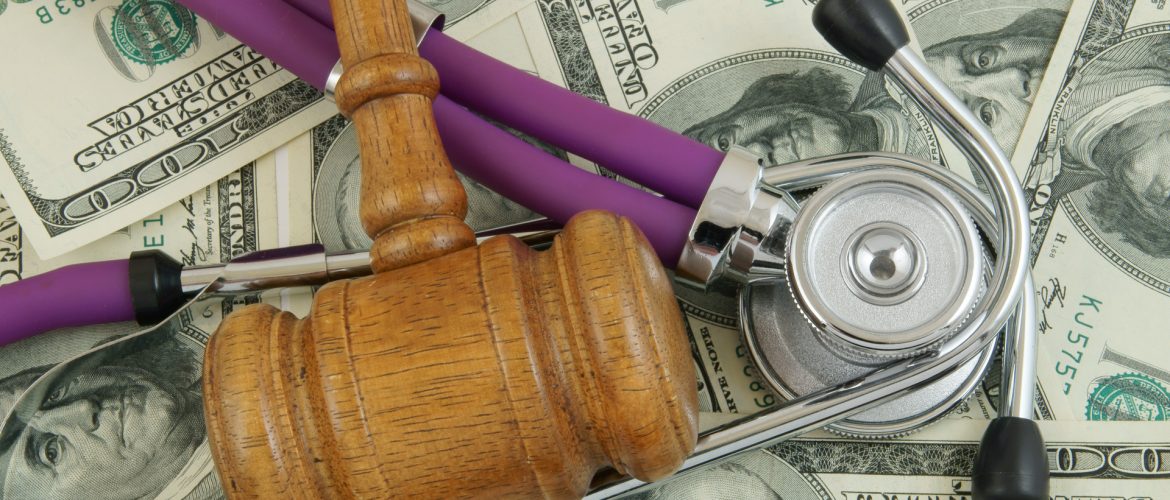Three independent clinical laboratories, their owner and holding company, an additional independent clinical laboratory and its owner, two laboratory marketing companies, and a Massachusetts physician have been charged in connection with Medicaid fraud, money laundering, and kickbacks involving urine drug tests that caused over $2 million in false claims to the state, Attorney General Maura Healey announced.
The defendants were indicted by a statewide grand jury, and will be arraigned at a later date. The indictments are connected by a central defendant, and the three independent clinical laboratories that he has owned, which all submitted claims to MassHealth and MassHealth-managed care entities for urine drug testing.
The AG’s Office alleges that the central defendant and his companies engaged in kickback relationships with marketing companies to increase the number of urine drug tests referred to his laboratories in exchange for a percentage of collected insurance reimbursements in violation of the Massachusetts anti-kickback statute. The AG’s Office also alleges that the central defendant and his companies engaged in a separate kickback relationship with a clinical laboratory, which involved the referral of urine samples for testing in exchange for a percentage of collected insurance reimbursements.
In addition, the AG’s Office alleges that the central defendant and his companies submitted claims to MassHealth that were not appropriately ordered by physicians or other authorized prescribers, had false dates on the claims, were for medically unnecessary routine quantitative testing, and/or were for medically unnecessary residential monitoring purposes. Under state regulations, laboratories may not bill MassHealth for tests performed at sober (substance free) homes and shelters for residential monitoring purposes because such tests are not medically necessary. By fraudulently billing MassHealth and its managed care entities for these tests, the defendants are alleged to have caused over $2 million in false claims.
The AG’s Office further alleges that the marketing companies and laboratory each conspired with the central defendant and his companies to engage in illegal kickback relationships, which resulted in thousands of claims submitted to MassHealth and its managed care entities. The central defendant also conspired with a physician to conduct urine drug testing for residential sobriety monitoring purposes at Massachusetts sober homes.
These charges are allegations, and all defendants are presumed innocent until proven guilty.
Issue:
Under federal and state Anti-kickback Statutes, you may not knowingly and willfully offer, pay, solicit, or receive anything of value to induce or reward for referrals of federal or state healthcare program business. In some industries, it is acceptable to reward those who refer business to you. In healthcare however, it is a crime. The prohibition against kickbacks applies to those who pay for referrals and to those who receive them. Kickbacks can take various forms, such as bribes or rebates. They can be given in cash or in kind. Failure to promptly report a kickback can result in lawsuits, fines, and other sanctions.
Discussion Points:
- Review policies and procedures for preventing and reporting an anti-kickback violation. Update your policies and procedures as needed.
- Train all staff on federal and state anti-kickback statutes and what can be considered a kickback. Include information on how to report concerns and suspected violations, and make sure staff know that prompt reporting is mandatory. Document that the trainings occurred and place in each employee’s education file.
- Periodically audit staff understanding to ensure that they are aware of what should be done if they suspect an illegal kickback has occurred, whether intentionally or unintentionally. Conduct audits of documentation and billing routinely to prevent and detect errors before they progress to a false claim.












































































